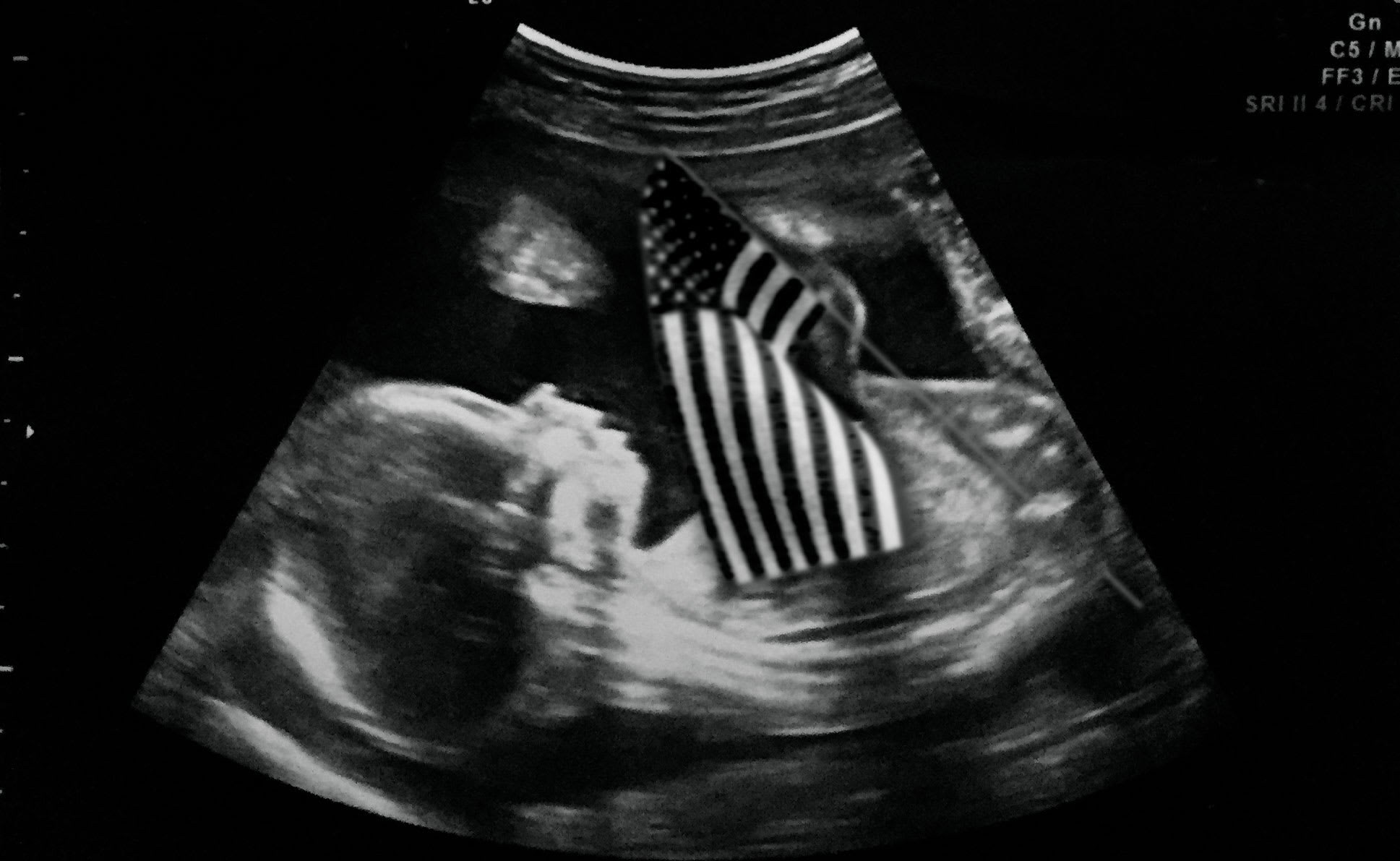Nike to change its pregnancy policy in future athlete contracts amid backlash
Nike is updating its athlete contracts to protect female athletes' pay during pregnancy. The company faced backlash this week for cutting compensation during maternity leave for some of its athletes.
Nike says it updated its policy last year, but its contracts previously allowed the company to reduce pay if athletes fell short of performance goals, including during pregnancy or childbirth. Nike says that's now changed.
"Last year, we standardized our approach across all sports to support our female athletes during pregnancy, but we recognize we can go even further," Nike said in a statement Friday. "Moving forward, our contracts for female athletes will include written terms that reinforce our policy."
Olympic runner Alysia Montaño alleged in a recent New York Times op-ed that when she told her sponsor, Nike, she wanted to have a baby, the company responded: "We'll just pause your contract and stop paying you." Montaño, a seven-time USA Champion, has famously competed while pregnant.
Other runners who have worked with Nike faced similar situations. "Getting pregnant is the kiss of death for a female athlete," Phoebe Wright told The Times. "There's no way I'd tell Nike if I were pregnant."
After the initial backlash, Nike said it changed its approach so athletes are not penalized in such situations, but acknowledged that it had cut pregnant female athletes' pay in the past.
"As is common practice in our industry, our agreements do include performance-based payment reductions," Nike said in a statement Tuesday. "Historically, a few female athletes had performance-based reductions applied. We recognized that there was inconsistency in our approach across different sports and in 2018 we standardized our approach across all sports so that no female athlete is penalized financially for pregnancy."
The U.S. is the only developed country without a national paid parental leave program. Most industrialized countries offer at least 14 weeks of paid maternity leave.
The only national parental leave policy in the U.S. is the Family and Medical Leave Act, which guarantees workers job security for up to 12 weeks of time off — but there's no promise of a paycheck. Six states and Washington, D.C. offer some form of paid family leave.




